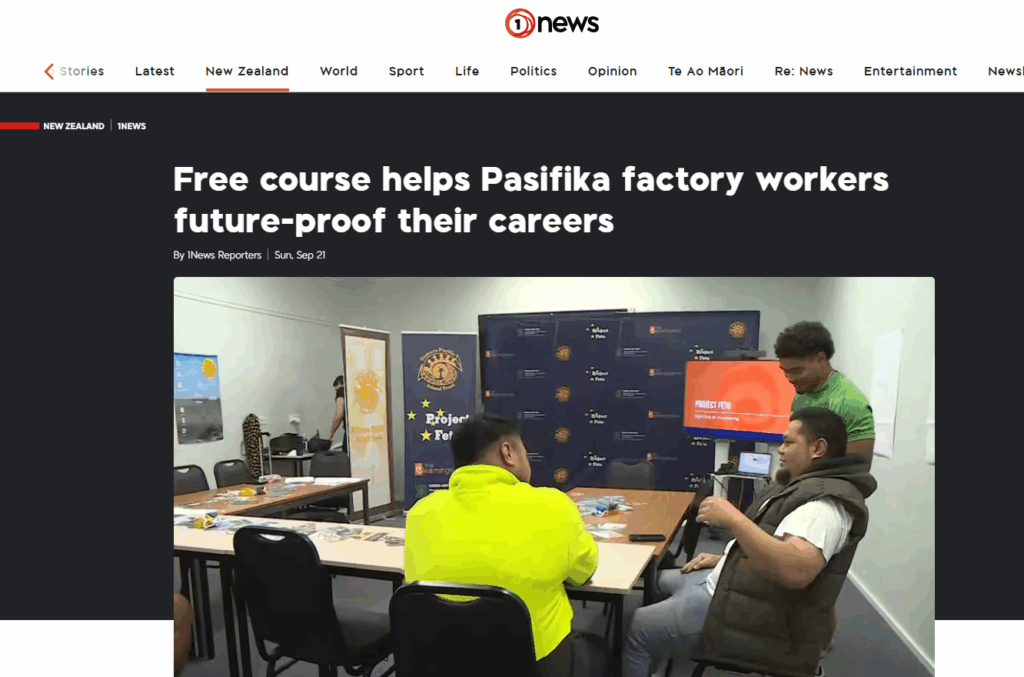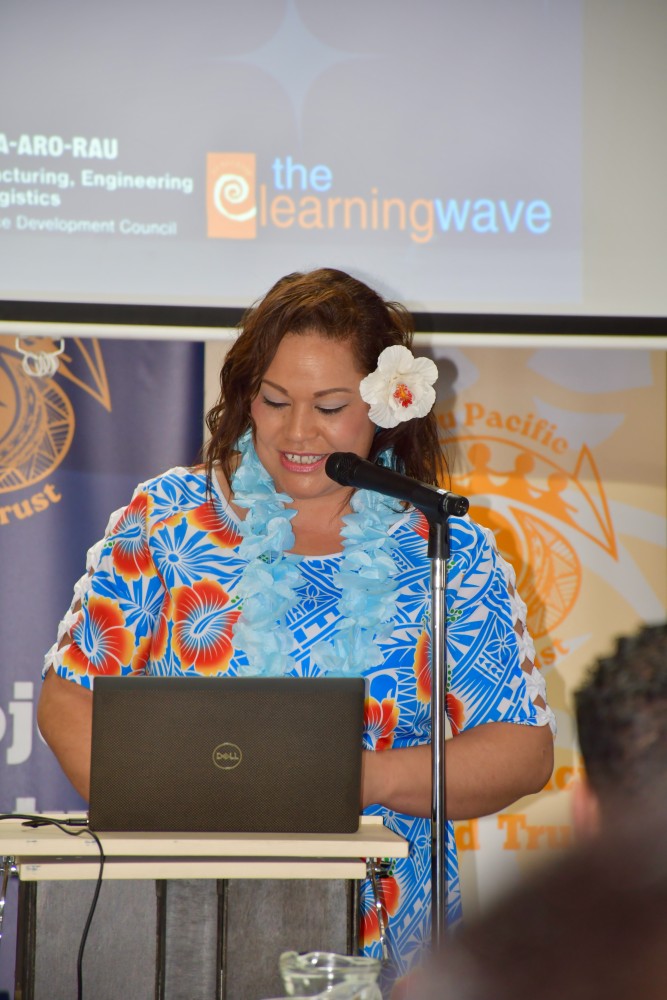Government-Backed Manufacturing Training Pilot Launches in Otago
A new government-backed pilot is set to transform how rural and Pacific communities access manufacturing training in New Zealand. Project Fetu, based in Otago, is breaking down barriers of geography and culture that have long prevented workers from gaining formal qualifications and advancing into new industries.
Closing the Gap in Manufacturing Training
Traditional pathways into training often exclude rural communities where tertiary providers are limited. For Pacific workers, many of whom bring years of practical experience without formal credentials, the challenge is even greater. Project Fetu provides NZQA-recognised digital manufacturing skills training in Oamaru, delivered through a hybrid model of community-based learning and workplace support.
The initiative, delivered in partnership between the Oamaru Pacific Island Trust (OPIT) and Hanga-Aro-Rau Workforce Development Council, allows participants to complete a six-week micro-credential in Digital Skills for Manufacturing. Trainers from Auckland are brought to Oamaru, with wraparound support provided by local networks trusted by the community.

Why Manufacturing Training Matters
Government research highlights why programmes like Project Fetu are critical. Pacific peoples make up 12% of Jobseeker Support recipients despite being just 9% of the population, with NEET (not in employment, education or training) rates climbing to 19.9% in 2024, compared to 11.3% nationally [Statistics NZ]. With over half of the Pacific population under 30, investing in manufacturing training helps secure a sustainable workforce for one of New Zealand’s most vital sectors.
Educational attainment remains a barrier, with only 65% of Pacific students achieving NCEA Level 2 compared to 73% nationally. Project Fetu’s approach ensures workers are equipped not only for manufacturing but also for industries such as logistics and construction.
Community-Driven Education
Mata’aga Hana Fanene-Taiti, CEO of OPIT and Deputy Mayor of Waitaki, says the initiative represents a cultural shift in how training is delivered. “We don’t have tertiary providers here. Project Fetu is about providing hybrid, community-based ways of learning that meet people where they are. Pacific learners are eclectic—many learn by listening, observing and feeling, not just through textbooks.”
She adds that the programme has been designed with families in mind. “Our gold standard is seeing all ten learners graduate in November, with their children and parents watching. For many, it’s the first qualification in their household. When kids see that success, it becomes normalised—‘If Dad can do it, I can too.’”

Resilient Economies through Manufacturing Training
In towns like Oamaru, where a handful of employers dominate the economy, industry downsizing can have outsized impacts. Several South Island meat processors are reducing staff, creating urgent need for alternative career pathways. Manufacturing training provides Pacific and rural workers with access to supervisory and managerial roles, which have historically been out of reach.
Phil Alexander-Crawford, CEO of Hanga-Aro-Rau, says the pilot was co-designed with learners and adapted in real time. “Delivering training in culturally relevant ways ensures we get the best out of learners while helping industries meet urgent skills needs. Project Fetu is a proof of concept for New Zealand, showing that flexible, localised manufacturing training can strengthen both communities and industries.”
National Model for Future Training
Although based in Waitaki, Project Fetu could set the blueprint for rural workforce development across New Zealand. Leaders hope the approach will be replicated in other regions facing similar challenges. The initiative has already been covered by NZ Herald, RNZ and 1News, underlining its potential national significance.
About Impact PR
Impact PR is a boutique consultancy helping organisations in manufacturing, technology, education, and sustainability share their stories with national audiences. From building awareness of workforce development pilots like Project Fetu to delivering campaigns for some of the largest corporates, one of the leading PR agencies New Zealand Government departments turn to is Impact PR. The consulting firm shapes narratives that drive measurable outcomes. With award-winning expertise and decades of experience, Impact PR is trusted by clients to translate complex initiatives into stories that capture the attention of media, policymakers, and communities.
